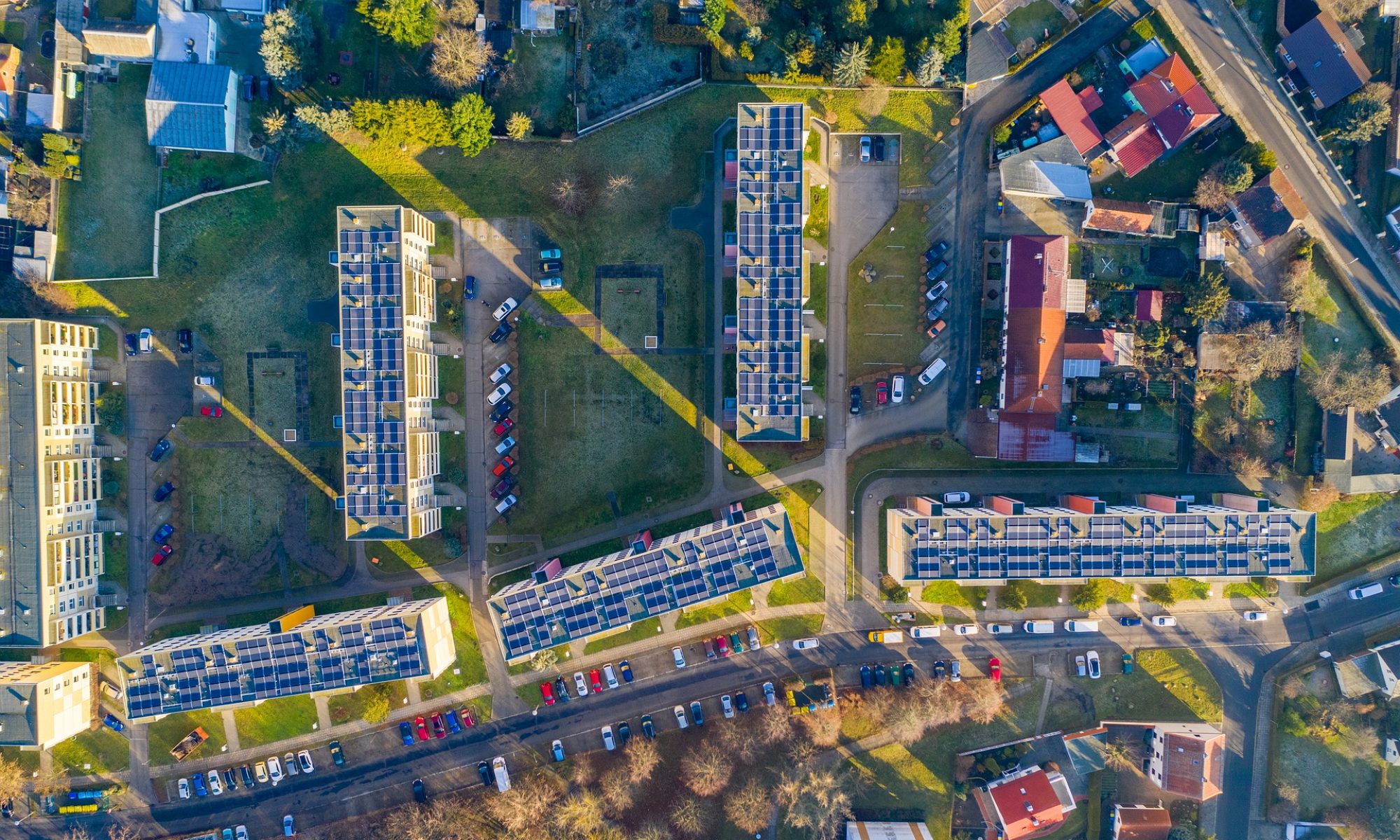This project seeks to develop new data mining systems for their use in urban sustainability. Urban sustainability is a challenge to which we must respond in the short term because cities are responsible for 75 % of energy and 75 % of waste. At present, more than 50% of the world’s population lives in urban areas (more than 3.500 million people). By 2025 it is expected that the world population living in cities will be 75%, with which most of the problems of the global society will be those that affect the urbanized areas. Therefore, due to the consolidation of urbanized areas as major poles of concentration of population, consumption of resources, and focus of emissions, global policies look at cities as key scenarios in which to propose strategies that contribute to the challenges of global sustainability. Cities have become key actors in combating climate change and reducing emissions.
The two systems we address are the following: the use of vegetated zones for reducing the urban heat island (UHI) phenomenon and the use of photovoltaic self-consumption facilities for generating electricity and, consequently, reducing the use of fossil fuels (polluting energy resources). Both systems can contribute to facing climate change and both must be addressed with new tools that allow obtaining the best implementations of the solutions offered. In both cases, the available and required information is large, heterogeneous, changing in time, and coming from different sources.
